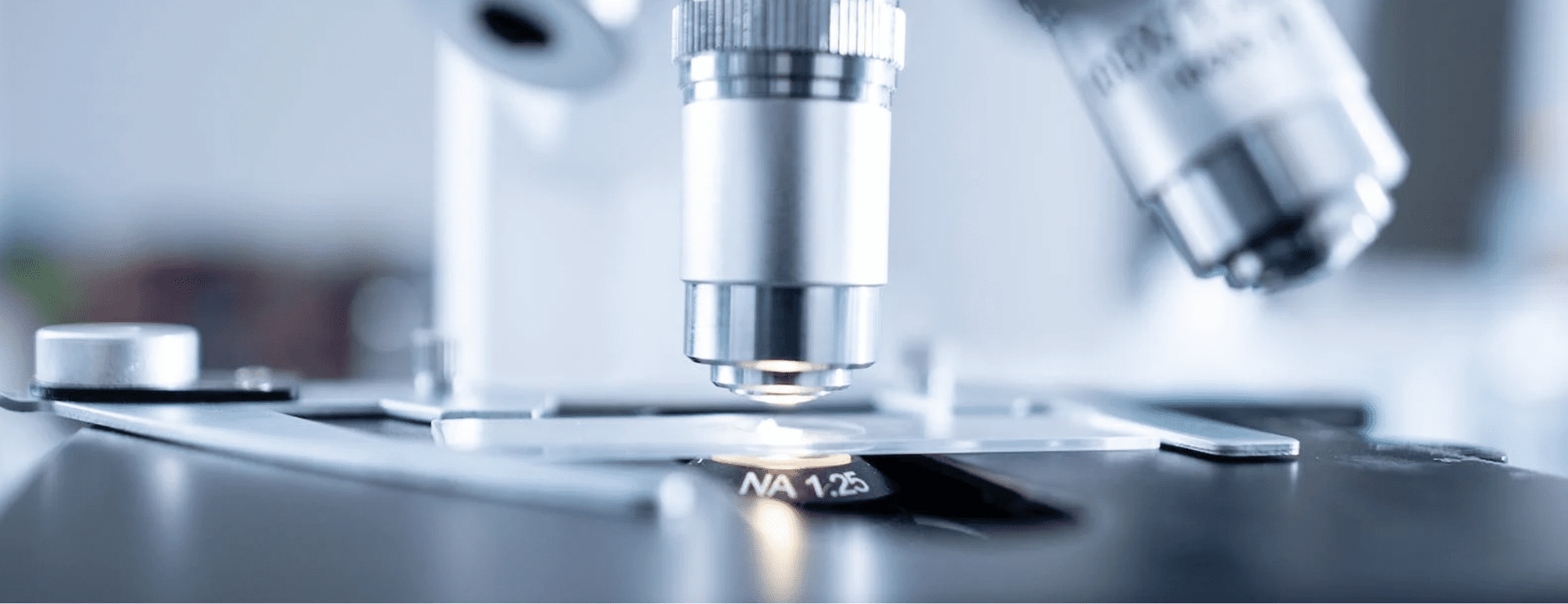High uric acid levels are becoming increasingly common, especially in adults. This condition is a typical warning sign of gout, kidney disease, and other health issues. Understanding the causes of elevated uric acid levels helps you take proactive steps to protect your health comprehensively. Book a check-up appointment via the link.

What is Uric Acid?
Uric acid is a natural waste product formed when the body breaks down purines – compounds found in many types of food. Foods high in purines include:
- Organ meats (liver, kidneys, etc.)
- Seafood (fish, shrimp, crab, etc.)
- Red meat (beef, lamb, etc.)
- Alcohol, especially beer.
Normally, uric acid dissolves in the blood, is filtered by the kidneys, and excreted through urine.
What Causes High Uric Acid Levels?
- Overproduction of uric acid: Often due to excessive purine intake or metabolic disorders.
- Reduced excretion of uric acid: Common in people with kidney issues, the elderly, or those who drink insufficient water.
When is Uric Acid Considered High?
High uric acid (hyperuricemia) is diagnosed when levels exceed the normal range:
- Men: 210 – 420 µmol/L (3.5 – 7.0 mg/dL)
- Women: 150 – 350 µmol/L (2.5 – 6.0 mg/dL)
Levels above these thresholds are considered elevated.
What Are the Consequences of High Uric Acid?
Persistently high uric acid levels can crystallize and accumulate in various parts of the body:
- Joints → Causes gout: swelling, pain, redness, often in the big toe joint.
- Kidneys → Leads to kidney stones or kidney failure.
- Soft tissues near joints → Forms tophi nodules.
Is High Uric Acid Always a Disease?
Not all cases of high uric acid result in illness. Many people with elevated levels experience no symptoms. However, chronic high levels increase the risk of developing gout and other related conditions.
Who Is at High Risk?
- People who consume large amounts of alcohol.
- Diets rich in animal protein and seafood.
- Overweight or obese individuals.
- People with sedentary lifestyles.
- Those with hypothyroidism or Chronic kidney disease .
- Long-term use of corticosteroids or cardiovascular medications (e.g., aspirin, furosemide).
- Cancer patients or those with malignant diseases.
How to Prevent High Uric Acid?
Maintaining a healthy lifestyle is key to effective prevention:
- Adopt a balanced diet: Increase intake of vegetables and fruits; limit seafood, red meat, and organ meats.
- Avoid alcohol, coffee, and smoking.
- Exercise regularly: At least 30 minutes a day, 5 days a week.
- Do not self-medicate: Always follow your doctor’s guidance, especially for long-term treatments.
Take control of your health by preventing high uric acid levels starting today.
This article has been reviewed by Dr. Dinh Thi Xuan Mai, Specialist in Endocrinology and General internal medicine at Hoan My Gold PXL medical center. For consultation or to schedule an appointment, please contact Hoan My Gold PXL hotline: 0901 840 678 or book an appointment at link.
